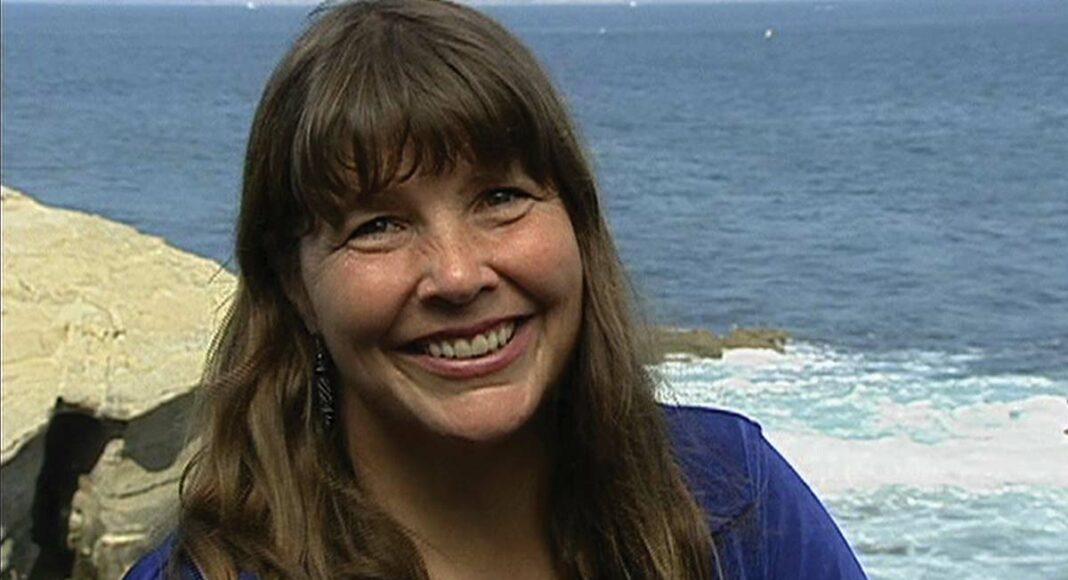As a world-class open-water swimmer, Lynne Cox has dived into waters few of us can imagine. Her swim across the Bering Strait during the cold war became an unexpected symbol of peace. She was the first to swim the Straits of Magellan in Chile, and the first to swim around the Cape of Good Hope. She spent more than a mile dodging icebergs without a wetsuit in the waters of Antarctica.
So she knows a few things about challenges, but even she was caught off guard by the ones she faced in her new memoir, Swimming in The Sink: An Episode of the Heart. We had a conversation recently about why she chose to take readers on such a personal journey.
This book is different from your other books. In many ways, it’s more intimate. Was it hard to write?
This is the hardest book I’ve ever written. To write about the heart, you have to put everything out there.
There’s a strong theme of connection that guides the story. Why is that so important?
Being an athlete who pushed myself as far as I could go, I was able to tap into the connection between my mind and body, which allowed me to take on these really challenging swims. Yet I was so connected to my folks and making sure they were okay, and that was in the background all the while. As they became extremely ill, I lost that connection to myself. When my mom was at her sickest, I couldn’t swim because I couldn’t leave her alone for more than an hour, so what gave me happiness and relieved stress disappeared. Watching someone you love fight and fight, yet lose more and more is a very difficult process, and for me, it affected my heart. I had to learn how to reconnect again–to my mind, my body, my health, and life itself.
You had something called broken heart syndrome. What is that?
It’s also called Takotsubo syndrome, and though it can happen to men, most of the people it happens to are women between the ages of 58 and 75. It’s said to be caused by extreme physical and emotional stress. The heart becomes enlarged and doesn’t pump normally, and the symptoms can mimic a heart attack. For me, the things that piled up, my mom and dad dying, my dog dying, someone I cared about deciding to be with someone else, added up to loss, loss, and more loss. It was just too much. Luckily, with broken heart syndrome the heart can heal.
What’s the most important thing as a swimmer that you brought to your recovery?
The discipline, the regimen, the “I will.” I will take the medication at exactly the right time. I will do the mindfulness meditation training. I will give myself time to heal. I will do what my doctor says to because he’s an expert, but I will also listen to my friends because they’ve known me for decades. My friends helped me know I could recover.
Your friends play such an important role in this story. You remind us that we can create our own families.
Absolutely. I felt like people needed to know how much influence my friends had, with their kindness, their energy, their gestures. One of them is a tough Navy Seal who suffered from PTSD. He told me that the only thing not prescribed to him during rehab was love, and he saw how it helped me heal. We need to figure out how to integrate love into resiliency and recovery, because that makes all the difference.
How has your life changed since your recovery?
I left the place where my mom, dad, and dog had died. I’d lived there for decades, and my neighbors were like family, but I needed to be around new things and new people to write the next chapter. It changed my life course and I fell in love. It’s extraordinary to find someone at this point in life, where we have so much in common and enjoy just hanging out together. Being yourself around your best friend like that is wonderful.
Lynne Cox will read from and discuss her book at 7 p.m. on Wednesday, Sept. 7 at Bookshop Santa Cruz. Free.













